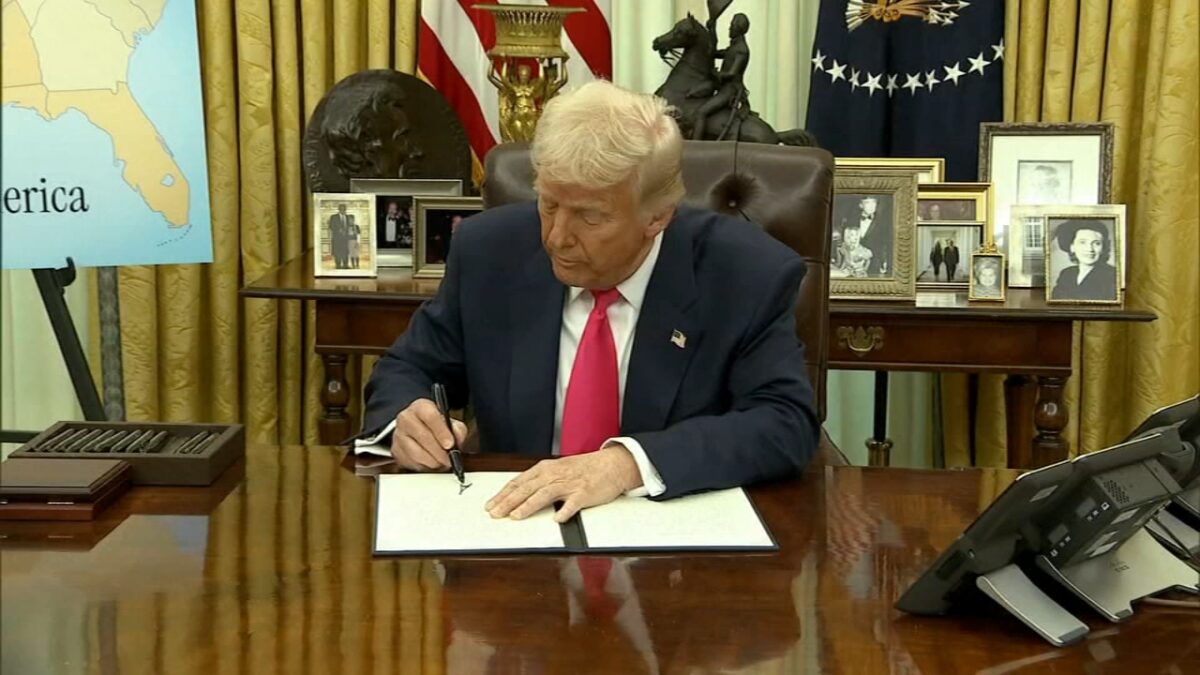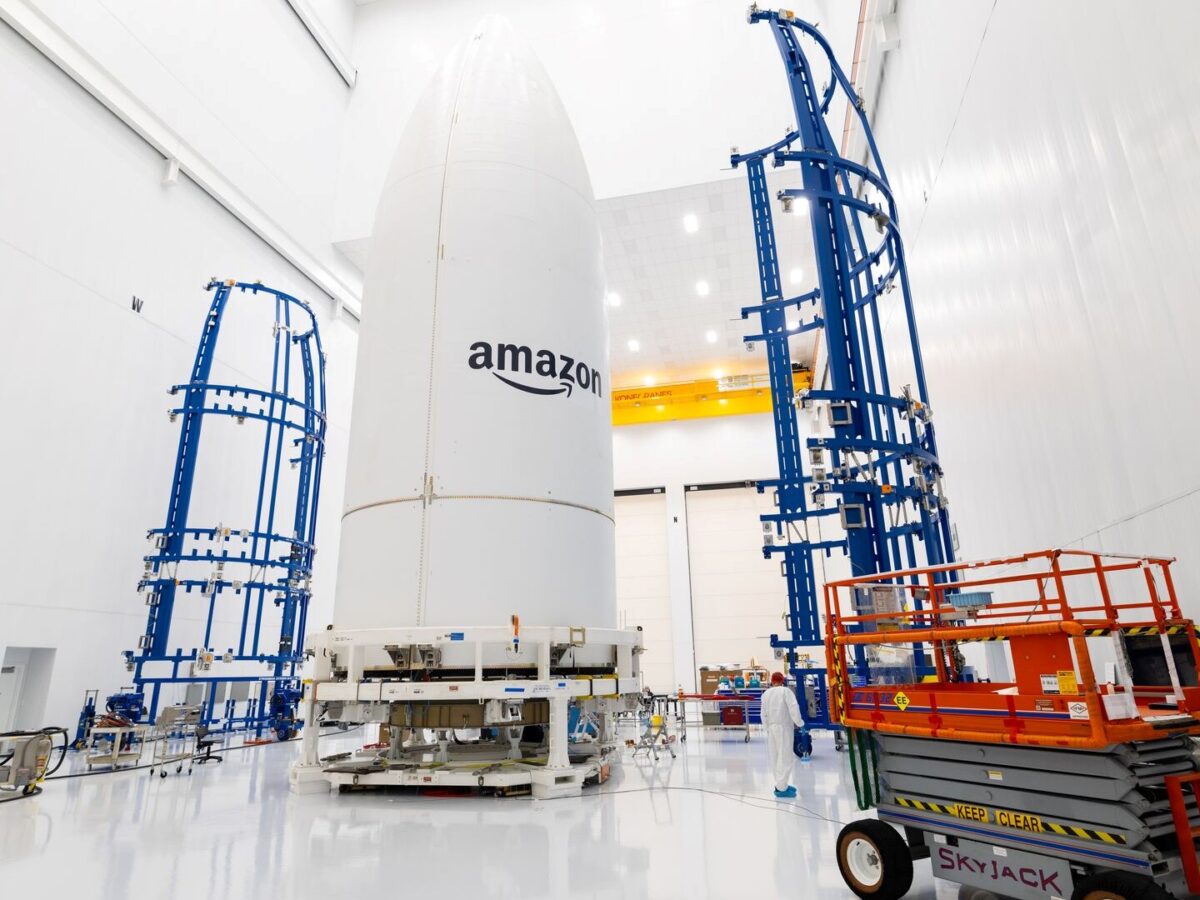A Bold Move with Global Implications
The Trump administration is again shaking up global trade dynamics by proposing new tariffs on imports from Canada and Mexico. This move, aimed at protecting American industries, raises concerns among economists, business leaders, and international allies. According to AP News, the tariffs will impact a wide range of goods, potentially influencing everything from automobiles to consumer electronics.
While the former president has long championed tariffs as a means to reduce the trade deficit and revive American manufacturing, critics argue that such measures could increase consumer prices and spark retaliatory actions from key trading partners. USA Today highlights that the economic repercussions could be felt across multiple industries, affecting not just businesses but everyday consumers as well.
The Economic Justification vs. Market Realities
Supporters of the tariff plan argue that the U.S. has long been at a disadvantage in trade agreements, often suffering from unfair foreign competition. By imposing tariffs, the goal is to level the playing field and encourage domestic production. Trump himself has stated that these measures will bring jobs back to America, reinforcing his “America First” economic stance.
However, financial analysts caution that such policies may have unintended consequences. When tariffs were imposed during Trump’s presidency, corporate supply chains faced significant disruptions, leading to increased costs for manufacturers and higher prices for consumers. The Wall Street Journal previously reported that American farmers and manufacturers bore the brunt of retaliatory tariffs from China, Canada, and Mexico, leading to billions in lost revenue.
International Reaction and Potential Trade War
Global reactions to Trump’s latest tariff proposal have been swift and, in many cases, negative. Mexico and Canada, two of the United States’ largest trade partners, have hinted at retaliatory tariffs, which could further strain relations. The New York Times suggests that such actions could result in a full-scale trade war, potentially destabilizing North American economic ties.
The automotive sector, in particular, could be heavily affected. Vehicles and auto parts are among the key goods imported from Canada and Mexico, and any disruption in trade could increase production costs, leading to higher car prices for American consumers. Additionally, retaliatory tariffs on American goods such as agricultural products and technology could harm U.S. exports.
What Comes Next?
With the 2024 election cycle underway, Trump’s tariff proposal is likely to become a significant campaign issue. While his supporters view it as a necessary step to protect American jobs and industries, opponents warn that it could backfire economically and politically. The impact of these tariffs will depend on how other nations respond and whether the U.S. government chooses to negotiate or escalate trade disputes.
The key question remains: will tariffs strengthen America’s economic position, or will they lead to greater financial strain for businesses and consumers? The coming months will reveal whether this strategy is a calculated risk or a costly gamble.






















